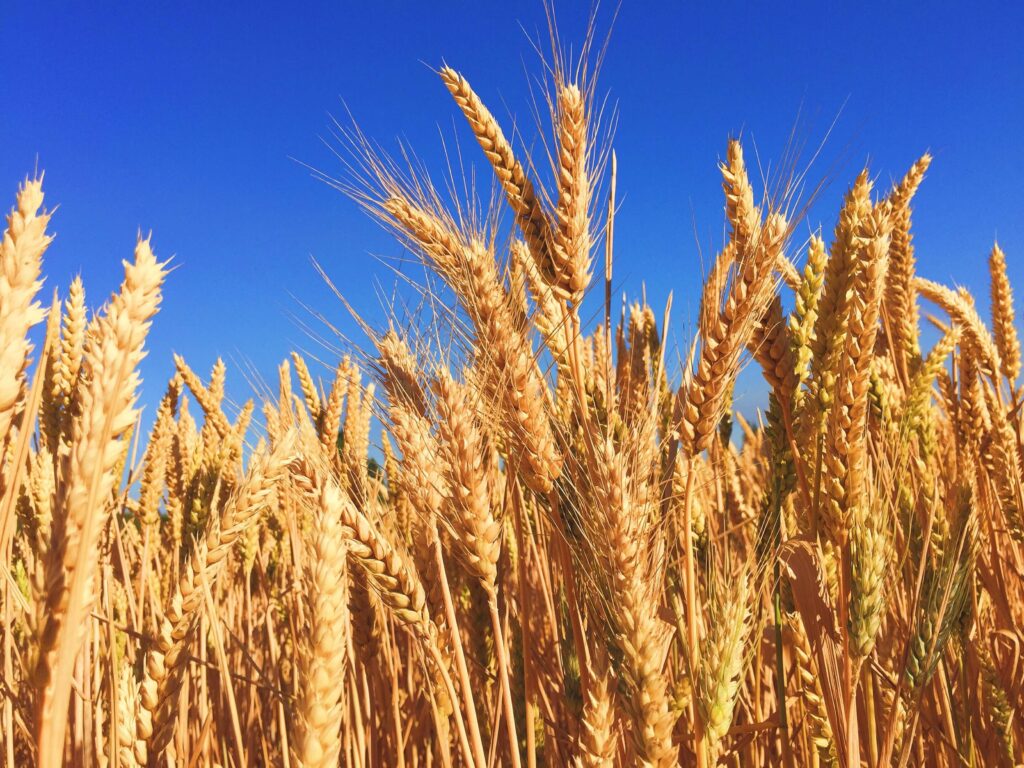Bread is a staple food in Pakistan, consumed by millions of households on a daily basis. Over the years, the bread price in Pakistan has been a matter of concern for both the general public and the government. This article delves into the factors influencing the bread price in the country, regional differences in pricing, the impact on society, and measures to address this issue.
Regional Differences in Bread Prices
Contents
Bread prices in Pakistan vary by region due to differences in transportation costs, local taxes, and the availability of wheat. Rural areas often experience higher bread prices compared to urban centers due to limited access to distribution networks and higher transportation expenses.
Table: Regional Bread Prices in Pakistan (August 2023)
| Region | Price per Kg (PKR) | Source |
| Punjab | 90 | Daraz.pk |
| Sindh | 230 | Grocerapp.pk (Dawn Bread Plain Large 725g) |
| Khyber Pakhtunkhwa | 125 | Qne.com.pk (Dawn Bread Fortified Large) |
| Balochistan | 85 | Qne.com.pk (Dawn Bread Fortified Small) |
Last Updated on Aug 1, 2023. We want to make sure you have the most up-to-date information on prices.
You may also like:
Factors Affecting Bread Price in Pakistan
Wheat Production and Global Prices
Wheat is the primary ingredient in bread production, and its price significantly impacts the bread price in Pakistan. The country is one of the top wheat-producing nations globally, but occasional production shortfalls or export restrictions can lead to higher bread prices. Additionally, fluctuations in global wheat prices can also affect the cost of bread in Pakistan.
Supply Chain and Distribution
A complex supply chain and distribution network, involving farmers, millers, and retailers, influences the bread price in Pakistan. Inefficiencies in this system, including transportation costs, inadequate storage facilities, and intermediaries, can contribute to price increases.
Government Regulations and Subsidies
The Pakistani government plays a crucial role in regulating bread prices through subsidies and price controls. The government provides support to farmers by procuring wheat at a predetermined price and offers subsidies on essential items, including bread. However, any changes in these policies or delays in subsidy disbursements can result in price fluctuations.
Inflation and Currency Fluctuations
Pakistan has faced high inflation rates in recent years, which directly impacts the bread price. Currency devaluation against major currencies also influences the cost of imported wheat, further affecting bread prices.
The Impact of Bread Price on Pakistani Society
The rising bread price in Pakistan affects millions of households, particularly low-income families who spend a large portion of their income on food. High bread prices can lead to food insecurity, malnutrition, and social unrest. In some cases, it may also result in increased poverty rates and a decline in overall living standards.
Measures to Address Rising Bread Prices
To mitigate the impact of rising bread prices in Pakistan, the government and private sector can take several steps, including:
- Enhancing wheat production by investing in agricultural technology and research.
- Streamlining the supply chain and reducing intermediaries to lower distribution costs.
- Strengthening government regulations and ensuring timely subsidy disbursements.
- Encouraging the diversification of staple foods to reduce reliance on wheat.
Conclusion
The bread price in Pakistan in Pakistan is a critical issue that affects the daily lives of millions of citizens. Various factors, such as wheat production, supply chain inefficiencies, government regulations, and inflation, contribute to the fluctuating bread prices. Regional disparities further exacerbate the situation, with rural areas often facing higher prices than urban centers.
Addressing the issue of rising bread prices requires a multi-faceted approach, involving both the government and the private sector. By improving agricultural productivity, streamlining the supply chain, enforcing effective regulations, and promoting alternative staple foods, Pakistan can work towards stabilizing bread prices and ensuring food security for its population.



